Entry Type: Thing - Starting with P
Prairie County Courthouse, Northern District
Prairie County Courthouse, Southern District
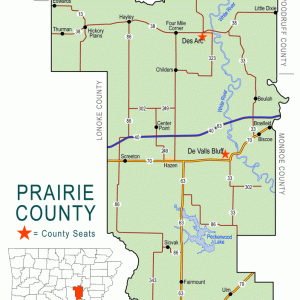 Prairie County Map
Prairie County Map
Prairie Grove Airlight Outdoor Telephone Booth
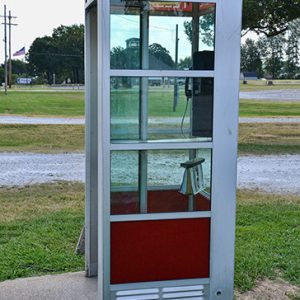 Prairie Grove Phone Booth
Prairie Grove Phone Booth
Prairie Grove Heritage Museum
Prairie Grove Telephone Company
aka: PGTelco
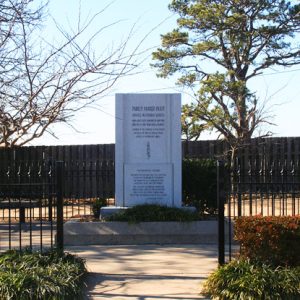 Parley Parker Pratt Monument
Parley Parker Pratt Monument
 Precariously Wedged by Robyn Horn
Precariously Wedged by Robyn Horn
 Preller Studio
Preller Studio
 "Prelude and Blues" by Conlon Nancarrow
"Prelude and Blues" by Conlon Nancarrow
Presbyterian Village
Prescott City Jail
 Prescott Railroad Mural
Prescott Railroad Mural
Price Produce and Filling Station
Primary Colors
 Primary Colors
Primary Colors
Private School Movement
aka: Segregation Academies
 Pro-temperance Cartoon
Pro-temperance Cartoon
Prohibition
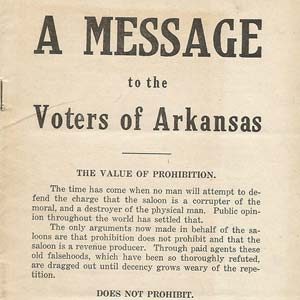 Prohibition Book
Prohibition Book
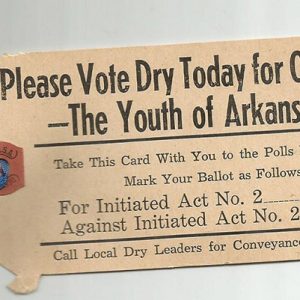 Prohibition Tag
Prohibition Tag
Promise Me Always
 Proturans
Proturans
Proturans
aka: Coneheads
Proud Spirit Horse Sanctuary
 A Pryor Commitment
A Pryor Commitment
Pseudoscorpions
aka: False Scorpions
aka: Book Scorpions
 Psyche by Jenny Eakin Delony
Psyche by Jenny Eakin Delony
 Pubic Lice
Pubic Lice
Public Health
 Public School Bible Verses List
Public School Bible Verses List
Pulaski County Courthouse
 Pulaski County Map
Pulaski County Map
Pulaski County Penal Farm
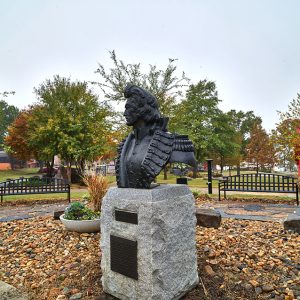 Casimir Pulaski Bust
Casimir Pulaski Bust
Pulitzer Prize (Arkansas Recipients and Nominees)
Pullers
 Purple Hull Peas
Purple Hull Peas




